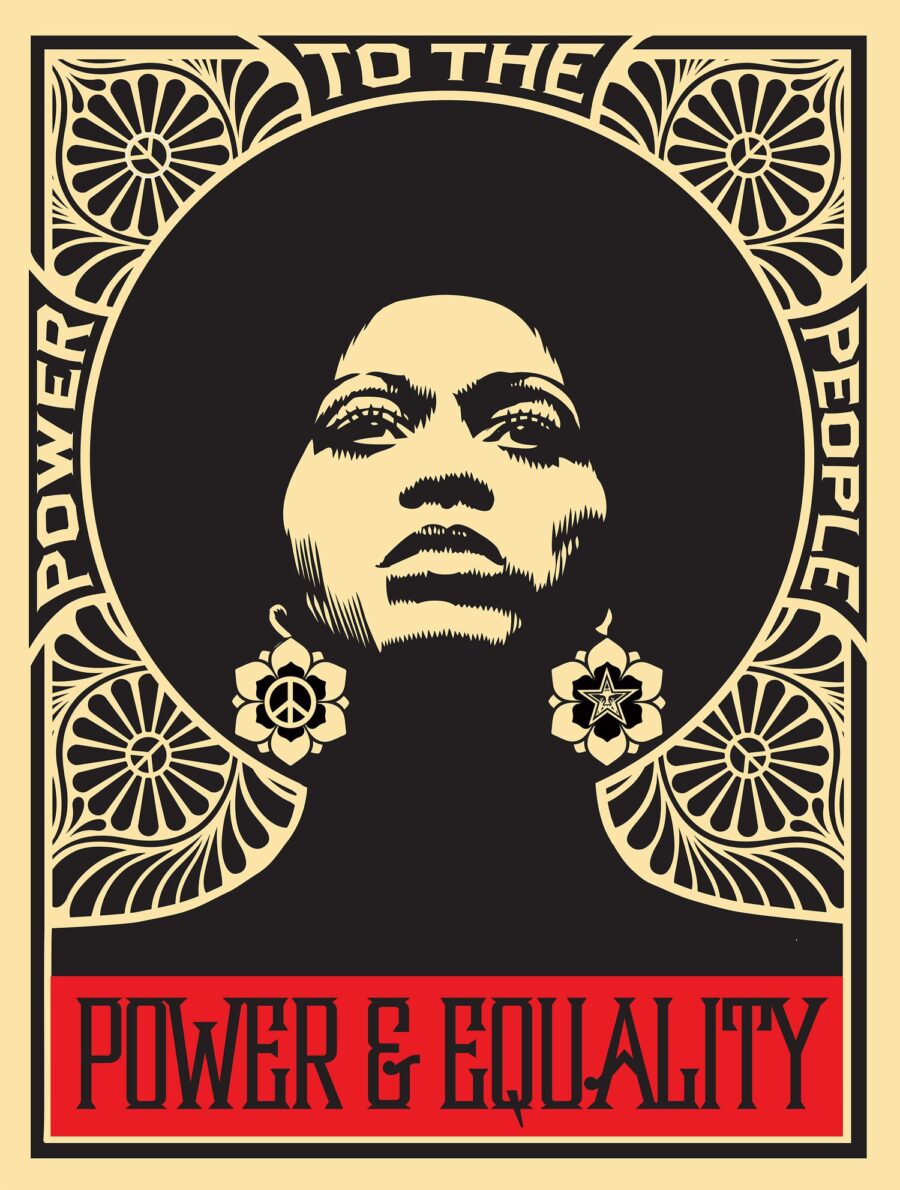In James Cone’s revolutionary work, Black Theology & Black Power, Cone depicts a theological system that is truly black in its methodology and biblical in its exegetical foundation. Prior to his work, there was no theology by and for black people, and the prevailing theology of the day, a burgeoning evangelical theology, was decidedly white and colonial in its foundation and methodology. This theology originated with the fundamentalist movement and persisted through the Jesus movement of the ’70s, and into the majority of white churches.
The premise of a theology built by whites and for evangelism is eerily close to the attempts of white missionaries to bring their interpretation of the Bible to those “unreached” peoples around the globe without first learning to appreciate their culture and religious or spiritual practices and rituals. A great example of this is Chinua Achebe’s seminal work Things Fall Apart, where Achebe depicts a quiet and beautiful tribe, the Igbo people, violently disrupted by a white Christian missionary force.
The issue is not the evangelism, per se, but a whiteness that carries with it the legacy of white supremacy and white disregard for and even use of other cultures and peoples. But how do we mitigate this whiteness such that white folk can still be white and evangelical without being colonial disruptors? One answer is for whites to adopt blackness into the content of the theology they are spreading through evangelism.
***
The first step in crafting an evangelical black theology of liberation is to acknowledge that there is a problem that the black spirit of liberation can solve. This is as simple as noting that the American experience has been one of oppressing and murdering black people, ante- or postbellum. This was about controlling the black body, small forms of this control still appear today through destructive stereotypes and instances of police brutality that occur against black people much more often than white people.
246 years of slavery and segregation and lynching until the 1960s cannot be overlooked, and their effects must be undone. White Christian America has a moral responsibility to reverse the effects of these sins as part of their biblical duty to repent and reconcile.
Once we acknowledge that there is a duty for white Christian theology to open its doors to the black religious experience, then we can move toward an Evangelical black theology of liberation.
***
We must ask ourselves, as Jose Miguez Bonino asked us, “Is the Christian faith the acceptance of the correct interpretation of certain texts, or is the Christian faith the commitment to obedience to the Lord Jesus Christ?” If it is the latter, truly, then you cannot say whether you have read the text of scripture correctly until you have cared for the poor and disenfranchised.
The God of the Bible is categorically different from the god that whites historically preached to blacks. This God, the God of the Bible, is the God of the oppressed who has come for their physical, spiritual, economic, and political liberation in Jesus Christ. Black theology is not only the liberation of black people but of the gospel itself. For too long has the gospel been for “Whites Only.” Black people must check their experience at the door since whites are afraid of the consequences of a theology based on experience rather than metaphysical presuppositions.
Black theology frees the gospel to speak to the experience of black people, and all disenfranchised peoples, by extension.
This theology is meant to be evangelical–it is meant to be spread by missionaries doing the work of the divine Word. Jesus Christ. A theology contained in a big blue book is not a theology of the gospel. The theology of the gospel has no walls; it is not dogmatic at its core; it cannot be used to designate who is “in” and who is “out” of the fold. The gospel’s effects are all-inclusive of all of humanity and its theology should reflect that inclusivity, not exclusivity.
***
The undoing of slavery, lynching, segregation, and general oppression and disenfranchisement are not optional for the evangelical theologian. Doctrine and dogma turn into liberating political forces upon the deployment of the black experience upon the theological enterprise.
For instance, a doctrine of God becomes a doctrine of Trinity where God’s threeness assaults socio-ethnic binaries and class struggle. A doctrine of Christ becomes one of a liberating messiah whose mission it is to free the slave and provide safe-harbor for the oppressed, and, ultimately, to give power to the disenfranchised. A doctrine of the Holy Spirit becomes one of political and real-historical liberation, where He comforts and aids the persecuted and lowly through their respective struggles for dignity and humanity throughout history. A doctrine of the church is developed from the role the church has played in the liberation of various people groups.





Leave a Reply
Your email is safe with us.